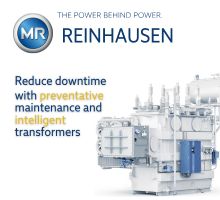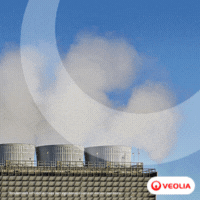Posco Discusses Order Method with Krakatau Steel for Indonesia Mill
10/25/2010 - Posco says it is accelerating efforts to ensure a successful steel mill construction project in Indonesia. Five managers from its joint venture partner Krakatau Steel recently visited Gwangyang Works to discuss the construction order format for the blast furnace and sintering equipment to be installed.
Posco says it is accelerating efforts to ensure a successful steel mill construction project in Indonesia. Five managers from its joint venture partner Krakatau Steel recently visited Gwangyang Works to examine the specifications of the iron-making facilities in detail and discuss the construction order format for the blast furnace and sintering equipment to be installed in Indonesia.
The visitors toured the work sites of the steel mill, examining the entire manufacturing process from raw material processing, sintering, blast furnace to coke making. They also visited Pohang to discuss the specification details of the blast furnace equipment to be installed in Indonesia, as well as overall project direction and investment costs.
Following up on the memorandum of agreement with Indonesia’s state-owned Krakatau Steel last December on the joint construction of an integrated steel mill, Posco signed an agreement to establish a joint venture regarding the steel mill operation. Posco will initially own a 70% share, Krakatau Steel 30%. An option for a further increase to 45% is available to Krakatau Steel after attaining stability in the business.
The construction will consist of two phases, with total annual production capacity targeted at 6 million tonnes. The first phase, which will install 3 million tonnes of capacity, will commence construction in October and finish by December 2013.
The project will adopt a brown-field investment approach, since existing infrastructure such as harbors, land, water, and electricity of the partners will be used for its construction. The steel mill will be constructed on idle land of Krakatau Steel, so initial investment costs are expected to be low.
The project will enable Posco to produce low-cost steel due to easy availability of raw materials, the company noting that Indonesia is known for its rich reserves of iron ore and coal. Posco also expects to gain a foothold in Southeast Asia, which imports more than 30 million tonnes of steel products annually.



-(1)-Reinhausen-(1).jpg?lang=en-US&ext=.jpg)






